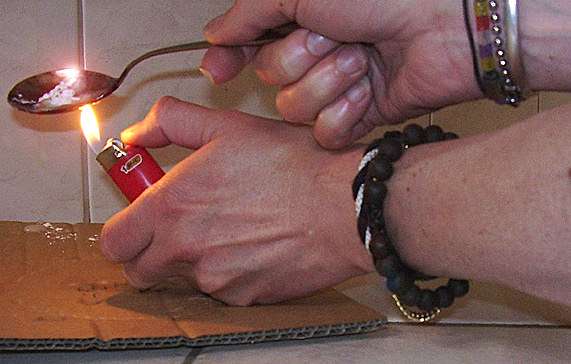British Prison Governors Want Prohibition-Based Policy for Heroin, Meth, Other Drugs Reviewed


The British Prison Governors Association (PGA) has called for a review of a "prohibition-based" drug policy for Class A drugs, arguing that the current British drug policy increases the number of prisoners and victims of crime.
From the BBC:
PGA president Eoin McLennan-Murray said it believed "a substantial segment of the prison population have been convicted of low-level acquisitive crimes simply to fund addiction".
"The current war on drugs is successful in creating further victims of acquisitive crime, increasing cost to the taxpayer to accommodate a higher prison population and allowing criminals to control and profit from the sale and distribution of Class A drugs," he said.
"A fundamental review of the prohibition-based policy is desperately required and this is why the Prison Governors Association are keen to support the Count the Costs initiative."
In the U.K. illegal drugs are classified as either Class A, Class B, or Class C. The penalties for possession as well as supply and production are outlined below:

Cannabis used to be a Class C drug. However, the British government decided to have it reclassified as a Class B drug despite Professor David Nutt, the British government's senior drug policy adviser, saying that there was no empirical evidence to justify the change. Professor Nutt was later dismissed from his advisory position.
The British Home Office is currently conducting an international study on drug policy. Prime Minister David Cameron has rejected recommendations from some Members of Parliament to explore the possibility of drug decriminalization.
A spokesman from the Home Office responded to the PGA's call for a policy rethink:
Responding to the PGA's call, a spokesman said drugs were illegal because "they destroy lives and blight communities".
"The government's drug strategy is clear and our balanced approach combines effective enforcement, efforts to reduce demand and the promotion of robust treatment programmes," he added.
Evidently the Home Office makes an exception for alcohol, which Professor Nutt has said is more harmful than heroin.
